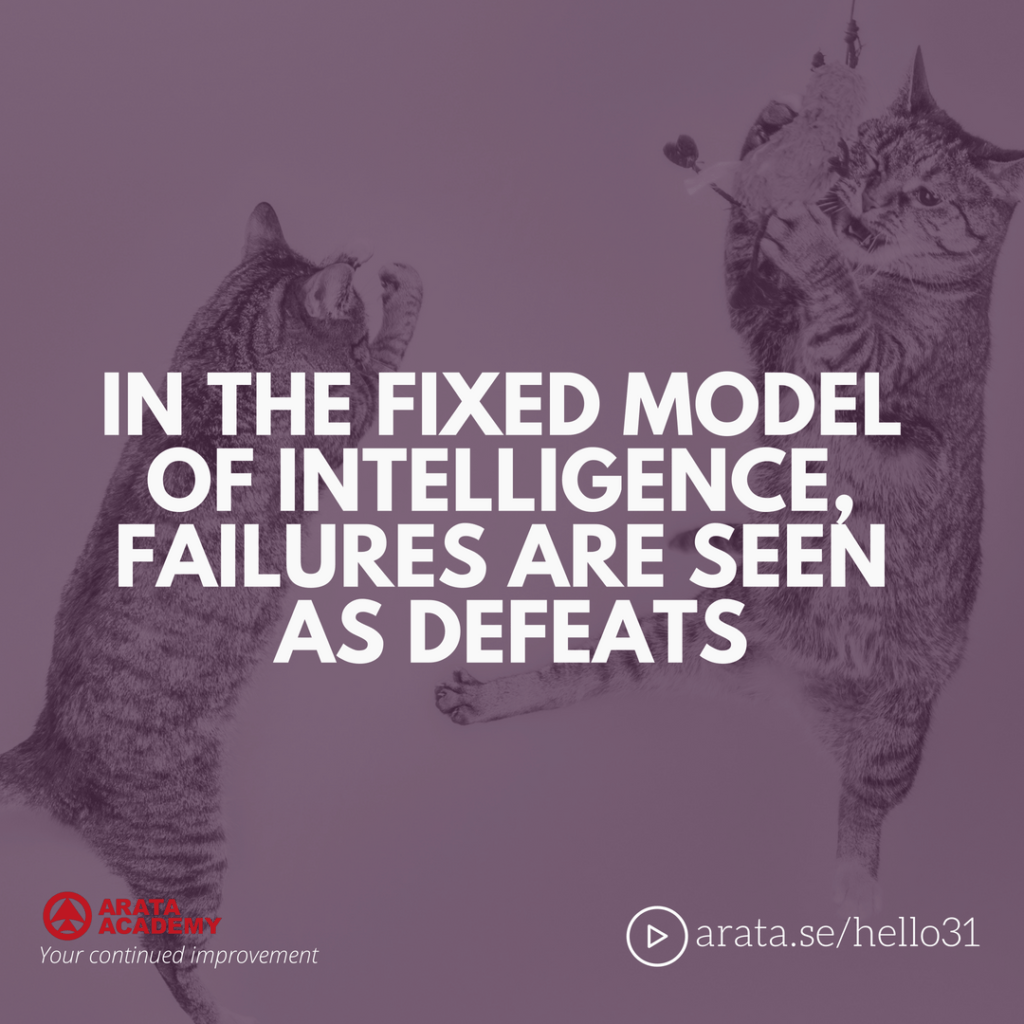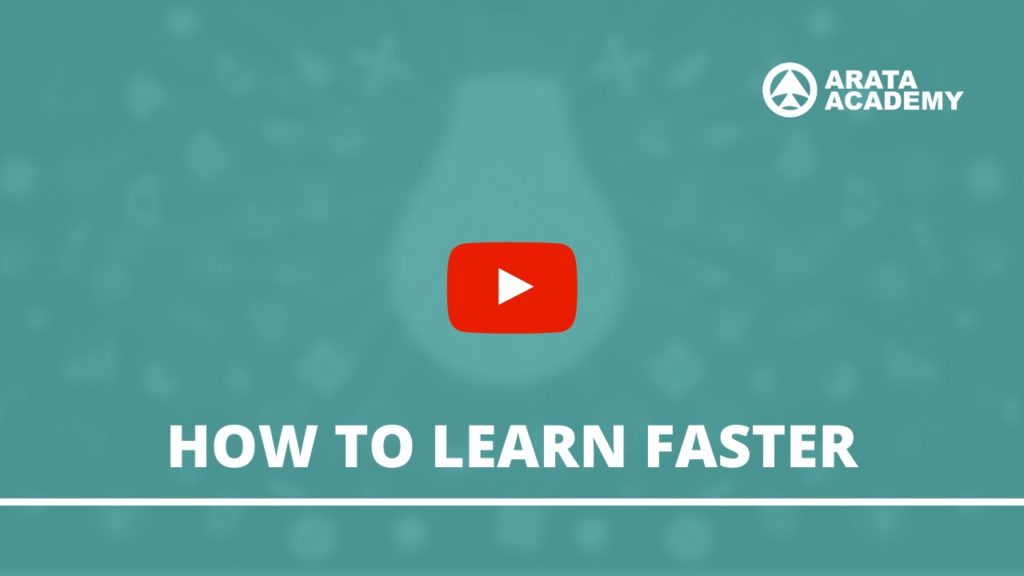Hello! Seiiti Arata. Do you consider yourself intelligent? Are you sure? Pause the video now and write down on the comments if you consider yourself stupid, average or intelligent… and WHY you think this way. Then proceed to watch the video after leaving your comment. If you prefer to have more privacy, you can write the answer on a piece of paper.
Ready? To answer if you are smart or not, you had to ask yourself what is, after all, an intelligent person? What is average, and what is below average?
The news I want to bring to you in our chat today is that it depends. There are two major models for the way we understand what intelligence is: it is either static or dynamic.
Under the static intelligence model the title of this video has great appeal: the person is either intelligent or substandard. Or average.

Intelligence in this case is an IQ score—a fixed number, as if we were an RPG character, a caricature. Homer Simpson is stupid and Lisa Simpson is smart, and nothing will change that, because according to this perspective, intelligence is fixed, static.
If I believe that intelligence is a set number, such as my height, I will be either smart or stupid. If I’m stupid, all I can do is pretend I’m smart.
Since no one wants to feel stupid, I search for evidence of my intelligence. Because of that, I feel inclined to connect with people less capable so I can be the smartest in the room. I will seek to address simple challenges. If I take an easy test and I ace it, I feel intelligent.
Think about that child who has always been the top of her class, always getting the best grades. The entire family praises her, and she believes with great conviction that she is an intelligent person. One day she is admitted to college. Settled in college life, she finds others who are more capable. She finds challenges she has never had before.
Now, for the first time in her life, she flunks a college exam.
If she understands intelligence within the fixed model, this failure is cause for her world to crumble: how come? She thought she was clever, but she did not get the minimum grade in the test. And now she begins to wonder.
That’s the big problem with the fixed model of intelligence: the challenges of life are a threat to our self-esteem. Failures are defeats. Therefore, as a logical consequence, we must avoid the complicated challenges and stay within a comfort zone. That is why in the Arata Academy courses I will explain in details how to get out of the comfort zone, because that is the way to keep growing.
That takes us to the second model, which is dynamic intelligence. In the interpretation of dynamic intelligence, the world is not divided between stupid people and smart people.

Dynamic intelligence means that intelligence can be cultivated.
Intelligence can be enhanced with effort and dedication. And yes, that allows us to say that one person is more capable, more qualified than another. Such qualification is something that came with training and is specific to a particular area of activity. That is, a person may be incompetent in Maths but very proficient at playing the guitar.
Remember the analogy of height and intelligence? If I think my intelligence is fixed, just like my height, then there is nothing I can do to change it. Therefore, the rational conclusion is that it is not worthwhile to seek improvement. I was born stupid or smart, and there’s nothing I can do about it.
Whoever follows the path of dynamic intelligence is doing the opposite: as intelligence can be refined, and our capabilities can be enhanced, we want to make the best possible use of our time. That is why the motto of Arata Academy is “Your continued improvement”. Share this video and check out the link on the side to learn more about improving your learning.

